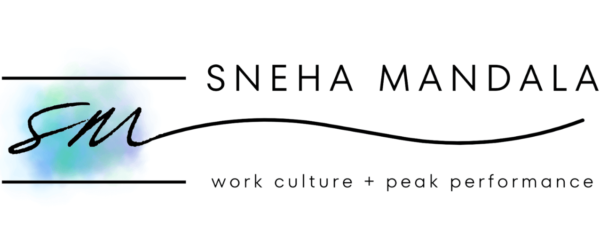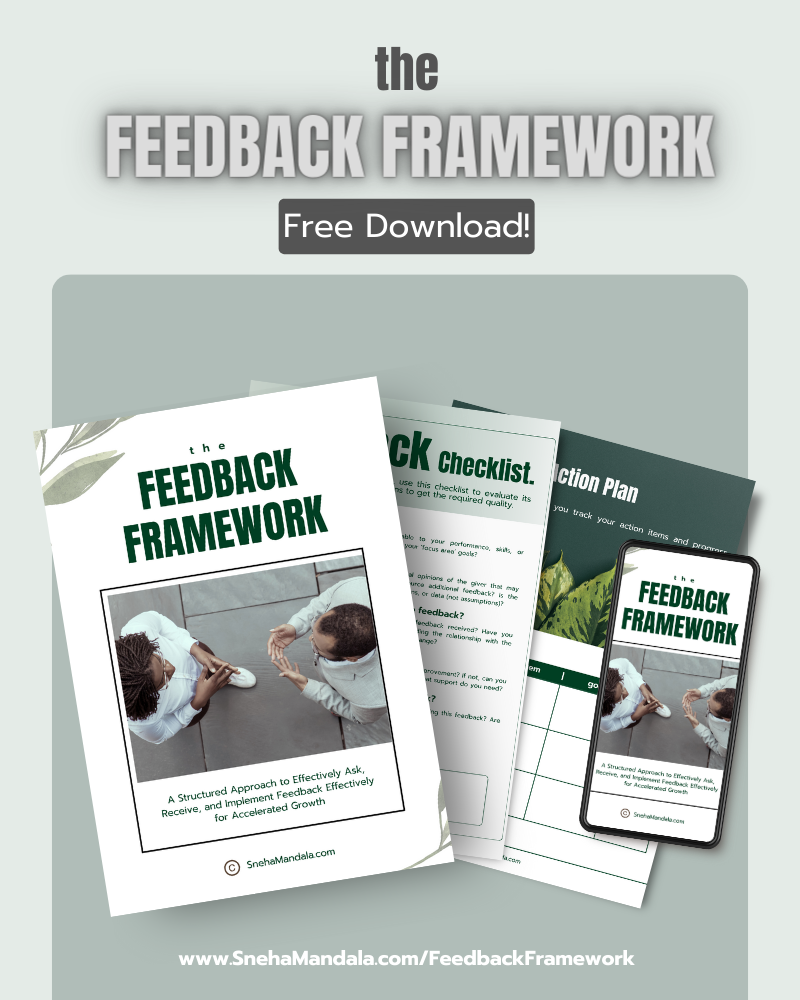In this post, I’ll cover THREE lessons you need to know to effectively leverage feedback, whether at work or in life.
Back in 2020, I ran a 90-day “Feedback Experiment.”
With the pandemic slowing down life, I decided to focus on self-improvement.
What better way to improve than to seek feedback from those I work with?
So I asked at least one person in my life each day for 90 days straight to take a post-it note and write down the answer to the following question:
“What should I start/stop/keep doing to improve myself?”
Why use a post-it note for feedback?
I wanted to be smart and not invite more information than I could handle.
But, that is exactly what ended up happening anyway.
The feedback got wilder and weirder each day. Some of the meaner people seized the chance to make hurtful comments – unrelated to how to improve but to who I was.
They attacked me, not my work.
Needless to say, I was on an emotional roller coaster for the entire 90 days!
After much thought, including some tear-filled days, I realized I had made significant mistakes while gathering feedback.
Truth be told, seeking feedback can be a double-edged sword. While some insights are pure gold, others are nothing but junk. I learned the hard way that not all feedback is created equal, and sifting through the garbage can be a daunting task.
So, learn from my mistakes and get more efficient at seeking and implementing feedback.
Here are three unexpected lessons I wish I had learned before my Feedback Experiment:
Lesson 1: Crowdsource Specific Feedback.

I asked way too many people (experts, non-experts, and everyone in between) for feedback. I gave them a broad topic (” What can I do to improve myself?”). This resulted in too many opinions, sometimes even conflicting. It was hard for me to take any meaningful action.
Instead, fixate on one particular aspect of your development to ask for feedback on (ex: speaking skills, problem-solving, or teamwork). Then, seek out people with diverse backgrounds for feedback on that specific aspect. The more diversely sourced your feedback is, the higher the quality of your feedback.
It is not about the quantity of feedback, it is about the quality.
Lesson 2: Make Feedback a 2-way Conversation.
I come from a culture where, when you receive a comment, feedback, or criticism, you stay silent and accept it with your head bowed down. Well, that is exactly what I did. It had been 5 years since I left the country I grew up in, but that behavior didn’t leave me.
Don’t do that. Don’t just receive the feedback and shut up. Get curious! Make feedback a two-way dialogue. Consider what kind of dialogue might ensue if you receive positive feedback. What about criticism? What about a mix of both?
After receiving feedback, ask questions, confirm understanding, and plan next steps.
Lesson 3: Take it or Leave it.
Feedback is subjective, not sacred. I didn’t know any better. I let the experiment stress me out. At some point, it became about what other people thought about me rather than improving myself.
You do better. If someone asks you to network more often in person and you absolutely hate networking – explore alternatives – perhaps you network online instead. If the feedback is unsolicited AND doesn’t even align with your long-term vision, f*ck that. Ain’t nobody got time for that nonsense.
Only source feedback from people with relevant experience or those directly affected by your work.
|
Here’s what I want to leave you with:
Rather than obsessing about what other people think of you –
Go figure out what exactly want feedback on.
Go crowdsource diverse feedback and have a healthy dialogue with them.
Go figure out what feedback you will apply and how, and have some fun while you’re at it.
Go find your flow.
Then don’t let go.




